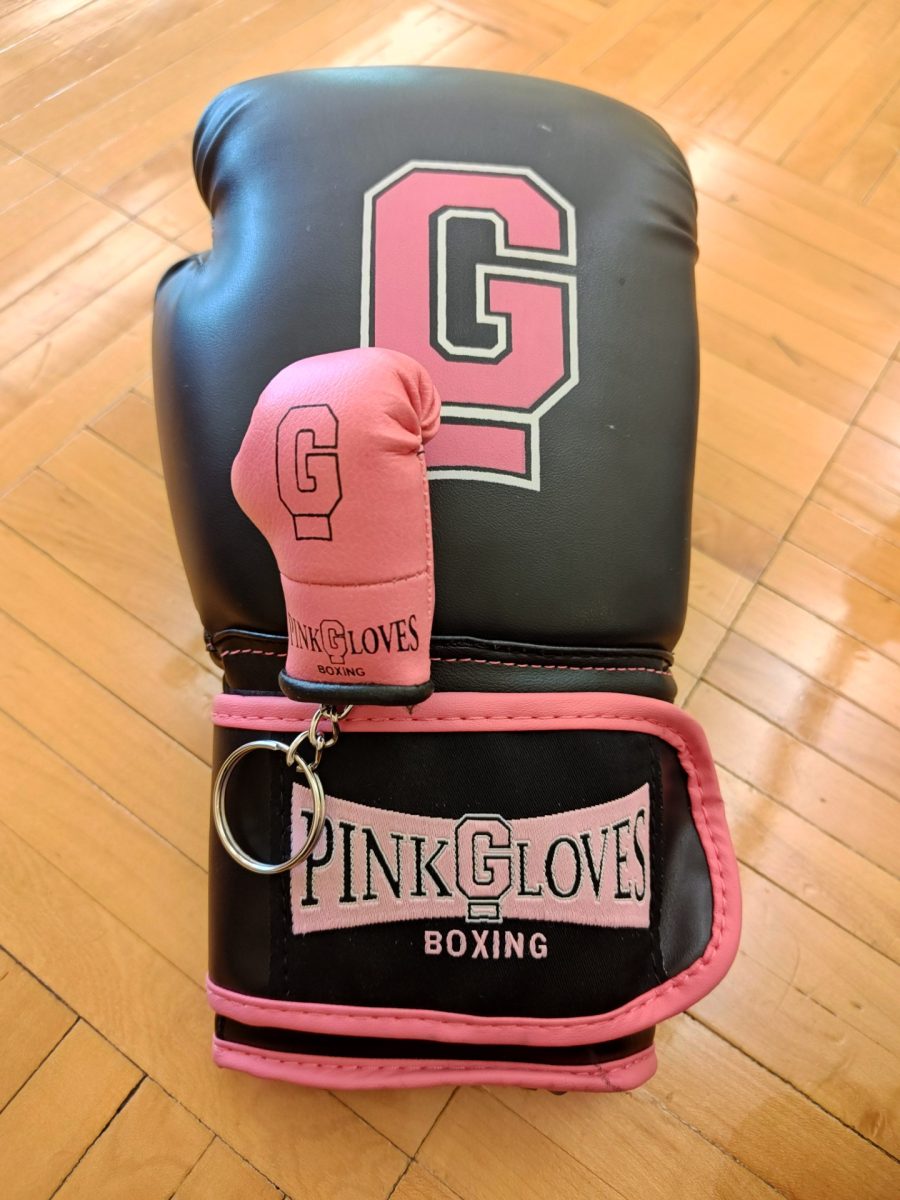Know your rights with respect to the eviction process
March 4, 2014
Reprinted with the permission of the Ohio State Legal Services Association
Q. How does the eviction process start?
A. All evictions in Ohio must begin with a “Notice to Leave Premises,” (commonly referred to as a three-day notice). Note that some notices may contain extra language if you live in housing built and/or subsidized by the government.
Q. Can my landlord then come over and throw out all my belongings?
A. No. Your landlord must wait three days and then file an eviction action with the local court.
Q. How will I know if my landlord files in court?
A. The court will deliver to you a copy of the complaint the landlord filed along with a summons prepared by the court to tell you what to do.
Read both the summons and complaint carefully.
Q. How will I get the court papers?
A. You should get two copies: One by regular mail, and the other by certified mail, personal service (hand-delivered), or by leaving it at the residence.
Q. How will I know when to go to court?
A. Read the summons carefully, since that information will be somewhere on the summons, but each court system prepares its own summonses differently.
Q. Should I go to court?
A. Yes, even if you move. If you think your landlord is wrong and should not be allowed to evict you, this is your chance to convince the court your landlord is wrong.
Be prepared, because you may not get another chance.
Q. Why should I go if I have moved?
A. Tell the court that you have moved, that you have returned the keys to your landlord, that you have removed all the possessions you intended to take with you, and that you will not return.
The court should dismiss the eviction claim if you have already given possession back to the landlord. Do not assume that your landlord will do this for you, therefore believing that it is not necessary for you to go to court.
Q. Will I have much time to prepare for my case?
A. No. Like most states, Ohio has an expedited eviction process.
In Ohio, each county is permitted to create its own schedule for evictions; however, Ohio eviction law does require that you get the court papers at least seven days before your court date.
If you receive your court papers less than seven days before your court date, tell the court and you should get a continuance.
Q. Can I bring letters and/or receipts with me to court?
A. Yes, and you should do so if they help explain your story. Keep in mind that letters from people who speak up in your behalf may be disallowed by the court as “hearsay.”
Q. Does this mean I should bring witnesses with me to court instead of letters written by them?
A. Yes. This is always the best way to make sure that what they have to say can be heard by the court.
Q. What should I do when I go to court?
A. First and foremost: Be on time! If you are late and your case has already been heard, you probably will not get another chance unless you have an extremely compelling reason.
Second, let someone from the court know you are there (typically the judge or magistrate will have a bailiff to assist them and call cases).
Third, sit in the courtroom to listen for your case to be called and be ready to tell the court your story when called.
Q. Can I get a lawyer?
A. Yes. You may pay a lawyer to represent you. Rates vary greatly.
Q. What if I can’t afford a lawyer?
A. Contact Community Legal Aid, 1-800-998-9454 or bit.ly/1jDbKkA, to see if they can assist you.
Although legal aid is free, not every person is entitled to a lawyer. There are simply far more people contacting legal aid for help than there are lawyers available to represent all.
However, legal aid may be able to provide you with written information and/or general advice at a clinic that may help you prepare for your day in court.









